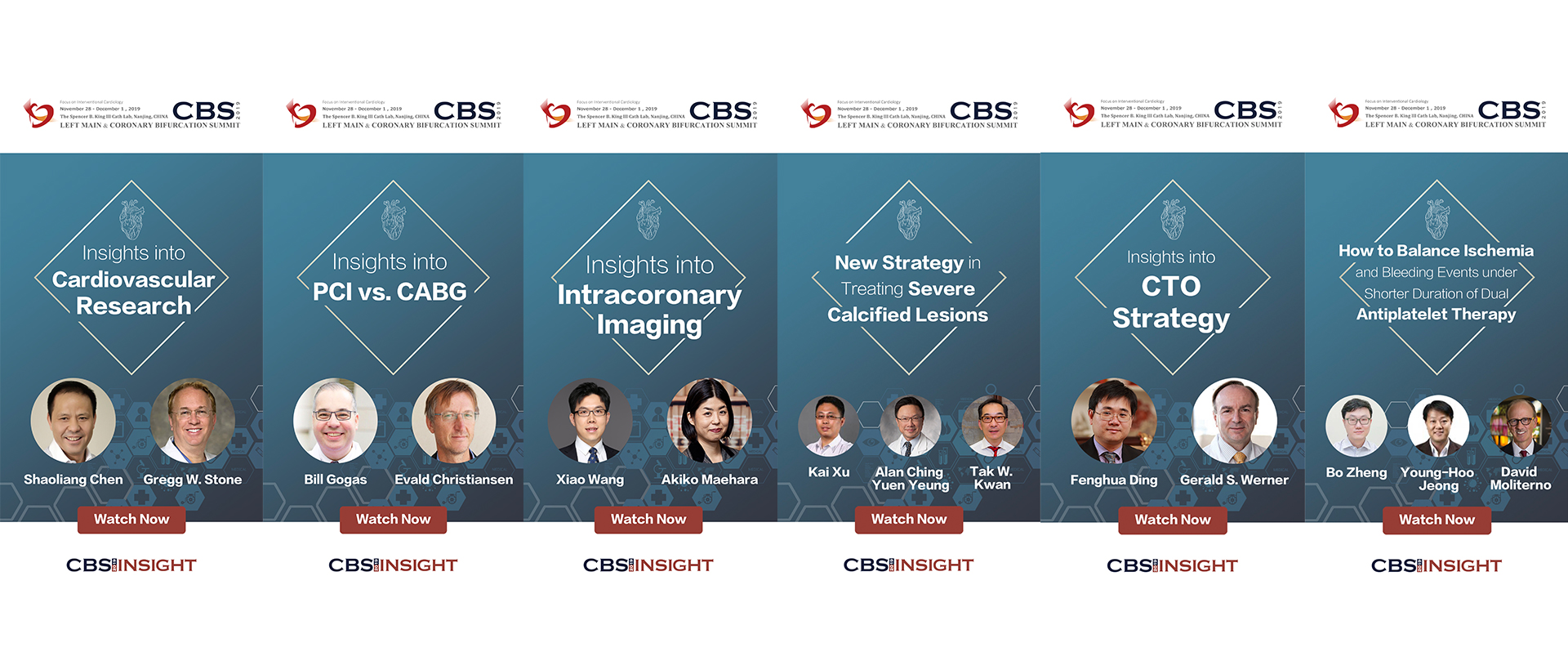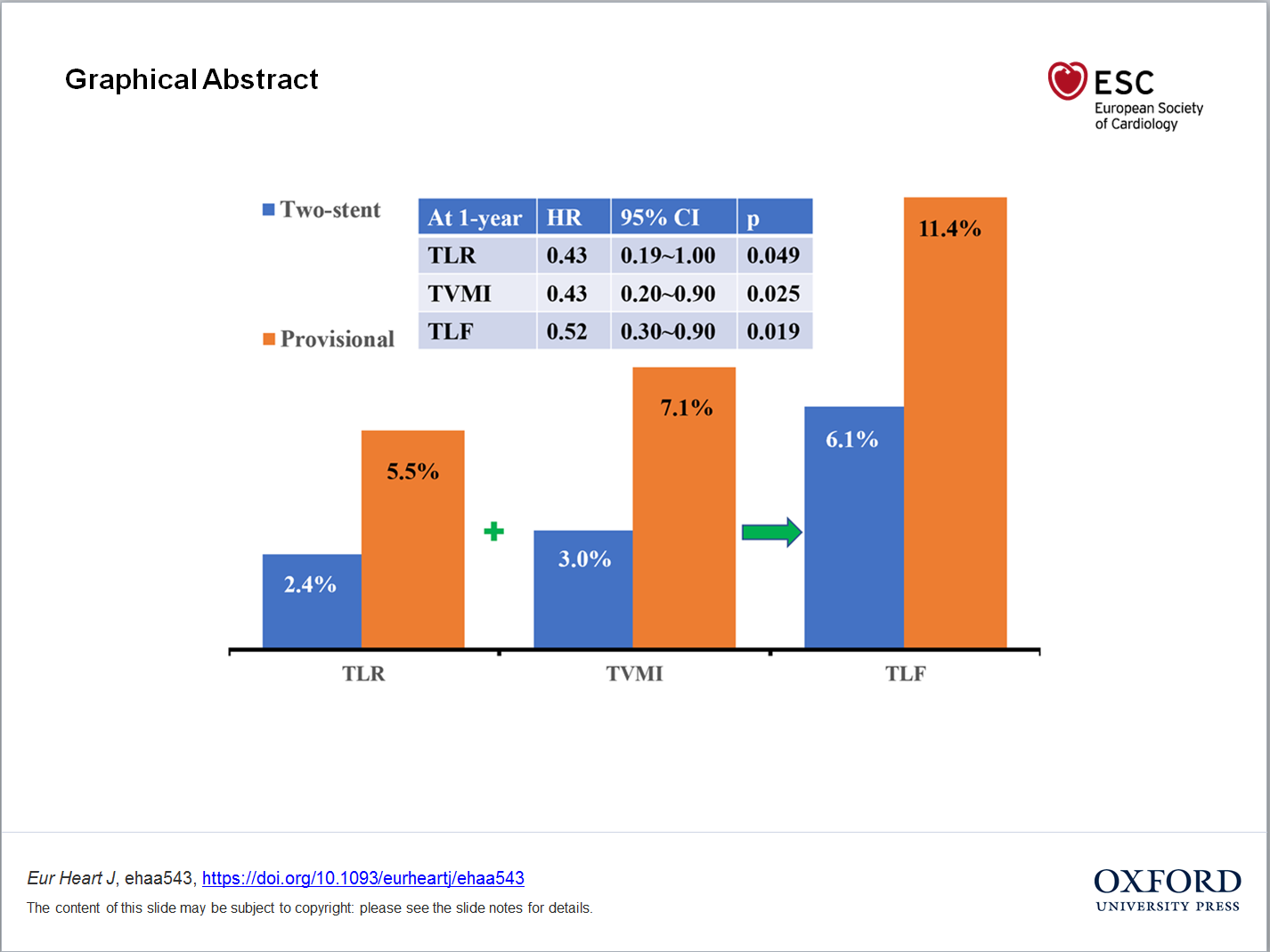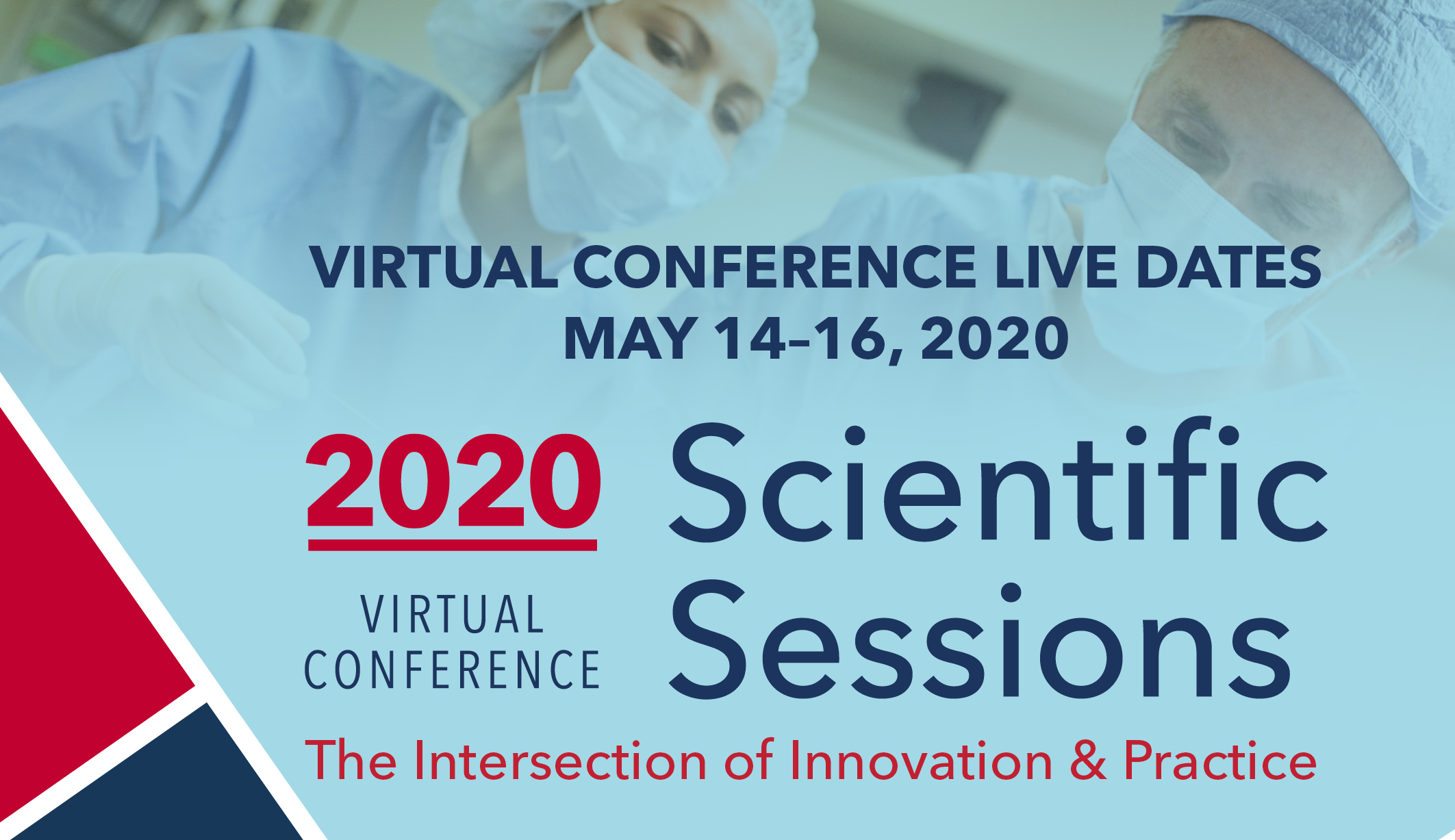SCAI Initiatives During the COVID-19 Pandemic
The COVID-19 pandemic continues to ravage the nation with over one million confirmed cases in the United States. Although the curve appears to have flattened, the impact of this pandemic on our cardiac patients is becoming increasingly apparent. We are now learning that the fear of exposure to COVID-19 has resulted in patients avoiding hospitals, even when they have significant cardiac symptoms. The number of acute myocardial infarction and acute coronary syndrome patients presenting to hospitals has decreased and yet, at least anecdotally, delayed presentations with mechanical complications of acute myocardial infarction seem to have increased. Additionally, in an effort to reserve resources for COVID-19 patients, elective cardiovascular procedures were delayed, creating another layer of risk for the patients who otherwise would have been treated. Throughout the country, plans for reinstituting health care are being developed, and as we resume clinical cardiovascular care delivery in a new era, we must do so safely for our patients and health care workers.
SCAI is currently working on a national patient education campaign to ensure that patients understand that it is safe to come to the hospital for their cardiac care. In the event of having any clinical symptoms, we want our patients to seek medical care immediately. Additionally, SCAI has been actively involved in a number of endeavors to help our members manage these evolving issues. I have the following updates:
- SCAI Annual Meeting: We have canceled the in-person SCAI 2020 Scientific Sessions in Atlanta. Instead, the meeting will now be held virtually May 14–16. The Program Committee under the leadership of Emmanouil (Manos) Brilakis, MD, PhD, FSCAI (Adult), and Lee Benson, MD, MSCAI (Congenital) has very rapidly come up with a virtual meeting format with multiple prerecorded and live sessions. It is a rich program including moderated and interactive sessions focused on coronary, structural heart, peripheral vascular, and congenital heart disease in addition to COVID-19 related topics. There will be sessions on late-breaking science, original research abstracts, and a number of satellite sessions. The registration fee is waived, and we look forward to welcoming all our members to the SCAI 2020 Scientific Sessions in a virtual format. Attendees will receive both continuing medical education (CME) and maintenance of certification (MOC) credit.
- SCAI COVID-19 Resource Center and Publications: In partnership with the American College of Cardiology (ACC) and other medical societies, we have issued four joint guidance documents for the management of patients with cardiovascular disease during this pandemic.
- • Wood DA, Mahmud E, Thourani VH, et al. Safe Reintroduction of Cardiovascular Services during the COVID-19 Pandemic: Guidance from North American Society Leadership. J Am Coll Cardiol, Can J Cardiol, and Ann Thorac Surg 2020 May 4.
- • Mahmud E, Dauerman H, Welt FGP, et al. Management of Acute Myocardial Infarction During the COVID-19 Pandemic. SCAI/ACC/ACEP Consensus Statement. Catheter Cardiovasc Interv and J Am Coll Cardiol 2020 Apr 20.
- • Shah PB, Welt FGP, Mahmud E, et al. Triage Considerations for Patients Referred for Structural Heart Disease Intervention During the Coronavirus Disease 2019 (COVID-19) Pandemic: An ACC /SCAI Consensus Statement. JACC Cardiovasc Interv and Catheter Cardiovasc Intv 2020 Apr 3.
-
• Welt FGP, Shah P, Aronow H, et al. Catheterization Laboratory
Considerations During the Coronavirus (COVID-19) Pandemic: From ACC's
Interventional Council and SCAI. J Am Coll Cardiol. 2020 Mar 16.
These and other documents are collated and can be accessed online in the SCAI COVID-19 Resource Center.
- SCAI Webinars: In partnership with the Canadian Association of Interventional Cardiology (CAIC), SCAI has launched a series of educational webinars and podcasts addressing the care of patients with acute myocardial infarction, structural heart disease and strategies for reopening of cardiovascular services. These sessions are available for view on our website if you missed the original sessions.
- SCAI COVID-19 Registries: In order to objectively answer questions regarding the cardiovascular manifestations of COVID-19, we have launched three research studies and surveys. This endeavor has been led by Timothy D. Henry, MD, MSCAI, SCAI vice president, in partnership with CAIC and the ACC Interventional Council, and numerous committed investigators. We intend to define the etiologies of ST elevation in COVID-19 patients and the associated clinical outcomes, determine the short-term and long-term outcomes of COVID-19 patients requiring mechanical circulatory support, and define the risk of exposure to healthcare workers taking care of COVID-19 patients in the Cath Lab. The intention of the surveys is to define the effect of the COVID-19 pandemic on interventional cardiology training programs, and also evaluate its effect on the operations of cardiac cath labs around the country. They are all listed below and you are invited to participate.
- • North American COVID-19 Myocardial Infarction (NACMI) Registry
- • COVID-19 Mechanical Circulatory Support (MCS) Registry
- • Catheterization Laboratory Health Care Exposure Registry
- • Surveys: Interventional Cardiology Program Directors, Interventional Cardiology Fellows, Catheterization Laboratory Practices
- American Board of Internal Medicine (ABIM): SCAI is currently in conversations with the ABIM to determine the optimal approach towards maintenance of certification during the pandemic. ABIM has been proactive in extending the certification status for all diplomates until December 31, 2021, and we are determining methods to address any procedural volume deficiency that might arise and affect board eligibility due to the current pandemic.
A few weeks ago, I wrote to you and stated that there is limited data to guide our decision making as we take care of COVID-19 patients. We reached out to each other, and at SCAI, we reached out to other organizations with the goal of coming together to answer questions and determine common pathways to move forward together. This has led to a much more robust partnership between SCAI, CAIC, and ACC. We are working together to answer the scientific questions by collecting data contemporaneously, rapidly analyzing it, and reporting it to our community. As we move to the next phase of this pandemic, it is clear that reopening our clinical services will be much more complicated than closing them was. However, we will address any challenges that arise and continue to work together as an interventional cardiology community to save and enhance the lives of our patients.
Ehtisham Mahmud, MD, FSCAI
President, SCAI 2019–2020
Professor and Division Chief, Cardiovascular Medicine
University of California, San Diego









